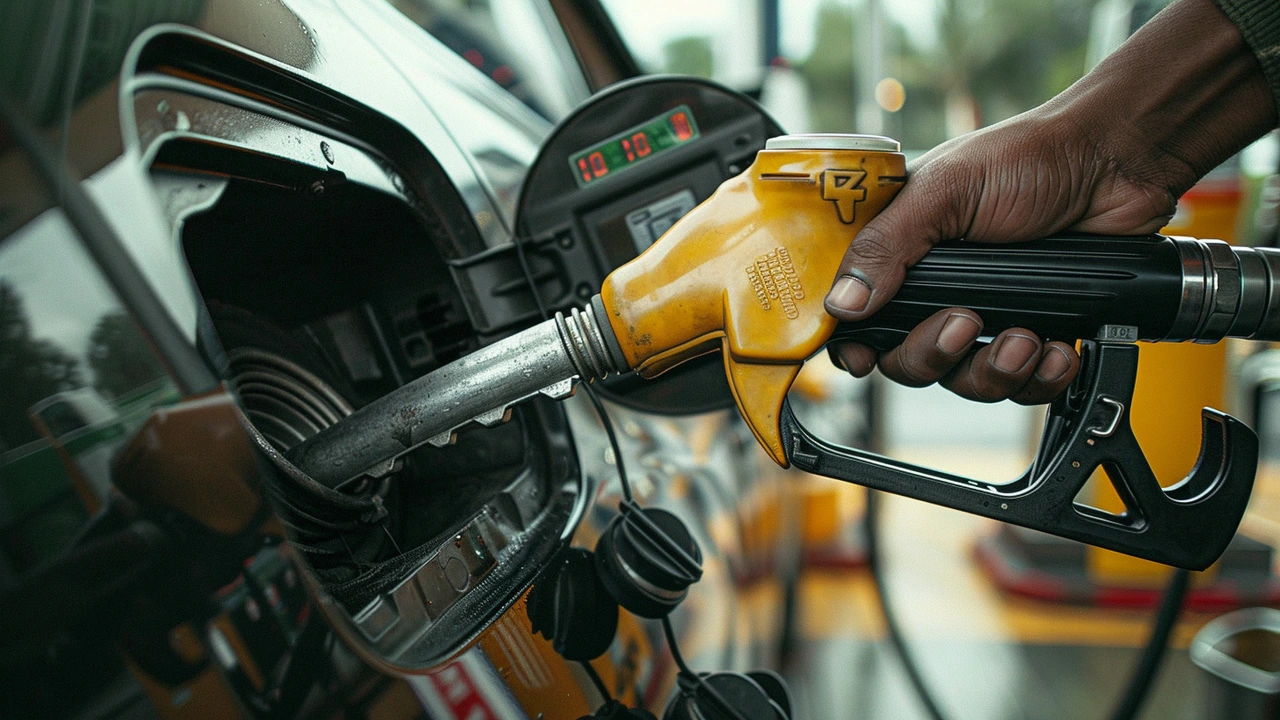Petroleum products: what Africans need to know
Fuel affects everything from commute costs to food prices. A sudden spike in petrol or diesel hits wallets fast. On this tag page we collect news, price updates, safety advice and practical tips about petroleum products across Africa.
Petroleum products include gasoline (petrol), diesel, kerosene, jet fuel and lubricants. They come from crude oil after refining. Quality and grade vary. In many African countries fuel taxes, import costs and currency swings shape local prices more than crude market moves.
How fuel prices are set and why they move
Global crude oil prices set the baseline. Then add refining costs, transport, insurance and duties. Local factors can dominate: a weaker local currency makes imports costlier. Roadblocks, port delays and shortages at storage terminals cause local spikes fast. Government price controls, subsidies or tax changes also change pump prices overnight.
Supply chain problems are common. If a key pipeline, terminal or shipping lane is disrupted, deliveries slow. That leaves stations running low and causes panic buying. Watch official transport and energy ministry updates and major terminals' reports to spot trouble early.
Quick, practical tips for drivers and small businesses
Save fuel by planning trips, keeping tyres properly inflated and avoiding heavy idling. For small fleets, use simple telematics or regular mileage logs to spot drivers who waste fuel. Buy fuel from trusted stations—look for clear grade labels, proper seals on storage tanks and up-to-date receipts.
Storing petroleum products at small scale is risky. Keep kerosene and diesel in labeled, approved containers away from heat and children. Follow local fire codes: store small stocks in ventilated areas and keep a fire extinguisher nearby. Never mix fuels or use improvised containers.
Business owners should check delivery notes, lab test results and supplier credentials. A quick fuel quality test strip can spot major contamination. If you run generators, change filters often and keep spare parts on hand to avoid downtime caused by poor fuel quality.
Look for alternatives where possible. Compressed natural gas (CNG), LPG for cooking and electric motorcycles are growing in many cities. Switching some trips to public transport, carpooling or electric bikes reduces exposure to volatile fuel prices and lowers operating costs.
Use reliable local sources for price tracking. National oil companies, energy regulators and major retailers publish price updates. International markets matter too—follow crude price moves and shipping news to understand trends. On our site, use this tag to find timely articles, official statements and expert takes on petroleum products.
Want alerts? Subscribe to price update feeds or follow transport ministry channels. Quick information helps you plan purchases, manage costs and stay safe when disruptions happen.
If you suspect bad fuel, report the station to your national consumer protection agency or petroleum regulator. Keep receipts and note vehicle problems like sputtering or clogged filters. For businesses, factor fuel volatility into budgets with a short-term buffer and renegotiate supplier contracts with quality clauses. Planning ahead saves money and reduces downtime. Stay informed and stay safe.

EPRA Updates Fuel Prices for May & June 2024: What You Need to Know
The Energy & Petroleum Regulatory Authority (EPRA) has updated fuel prices in Kenya for May and June 2024. Super Petrol, Diesel, and Kerosene will see reductions in their retail prices. These changes have been influenced by global market conditions and adjusted taxes.